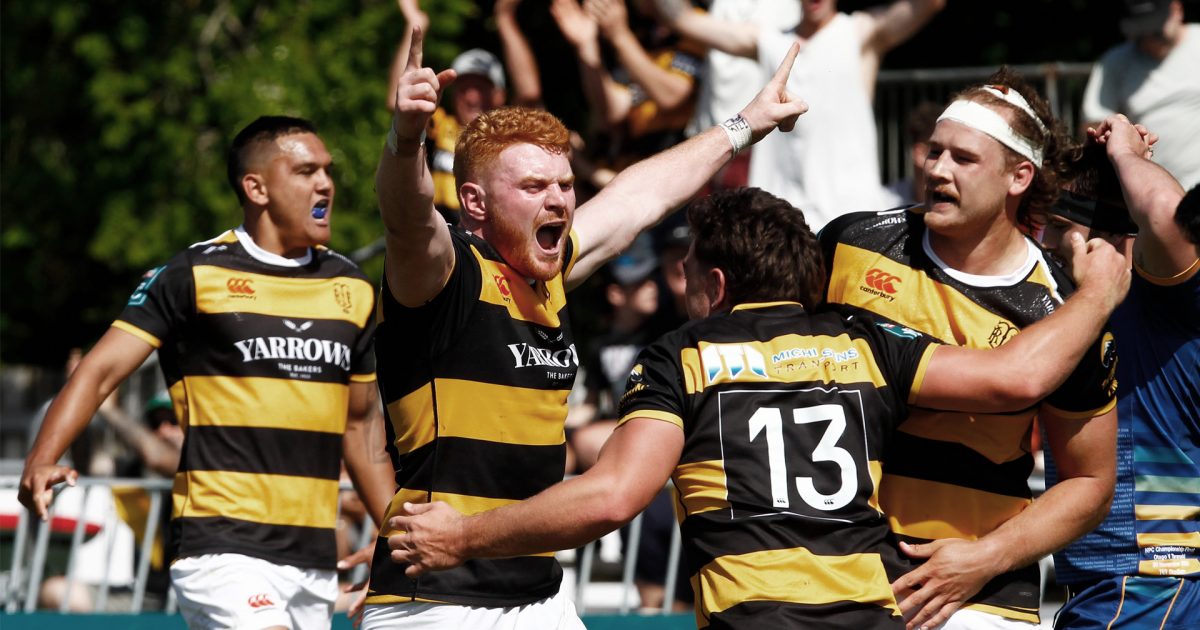Two-division set-up thrown out as new format for NPC announced for 2022

Following considerable frustrations with the set-up in 2021, New Zealand Rugby have unveiled a new format for the NPC for 2022.
The competition has undergone various facelifts since its formation in 1992 but for the past 11 years, the 14 teams have been split across two divisions, a first-division premiership and a second-division championship. While every team played numerous cross-over matches, the only way to compete for the top prize was to be placed in the premiership at the start of the season.
That format has created frustrations recently, especially after championship side Taranaki bested all four of their premiership opposition in 2021 but were effectively competing for a booby prize at the end of the season.
From 2022 onwards, however, every team will be competing for the top prize.
“The Bunnings NPC will see Provincial Unions seeded into two conferences based on the previous season standings for round robin matches and quarterfinals,” said NZR in a statement. “Teams placed 1, 3, 5, 7, 9, 11, 13 sit within the Odds conference and teams placed 2, 4, 6, 8, 10, 12, 14 sit within the Evens conference for the season ahead. The round robin includes four crossover matches per team, where teams from the Odds conference will play teams from the Evens conference.
“The quarterfinals include the top four teams within each conference playing for a spot in the semi-finals. With the top two teams across the conferences playing against each other in the semi-finals, to then see the top two qualifiers play off in the NPC final.”
With North Harbour, Auckland and Counties Manukau not taking part in last year’s competition (bar the opening two rounds) due to Covid-enforced lockdown in Auckland, those three sides have been seeded based on their approximate performance at the start of the season.
The two conferences are:
Odds: Waikato, Hawke’s Bay, Bay of Plenty, Wellington, Otago, Southland, Counties Manukau
Evens: Tasman, Canterbury, Auckland, Taranaki, Manawatu, North Harbour, Northland
“NZR made the decision in consultation with the Provincial Unions to review the existing Bunnings NPC Premiership and Championship format following last season,” said NZR head of community rugby Steve Lancaster. “The consultation process has been extensive, with a range of options considered and all key stakeholders included.”
“We are pleased with where the competition format has landed, shifting to a single national championship with seeded pools based on the previous year’s performance provides for evenly balanced conferences and strong competition to qualify for the play-offs. Any team can now be crowned national champion, which is exciting not only for teams but also our wider rugby community who support them.”
The competition is set to kick off on 5 August with one mid-week round scheduled for each team.




































































What is the new draw for this format?